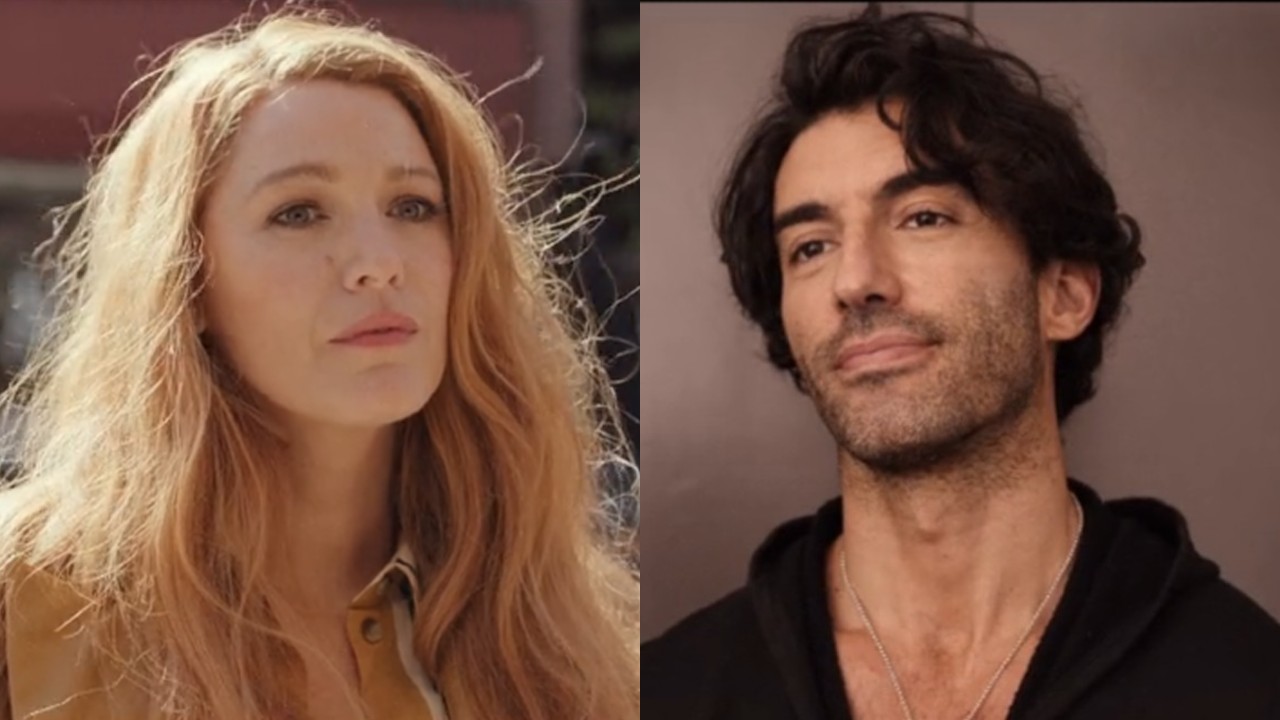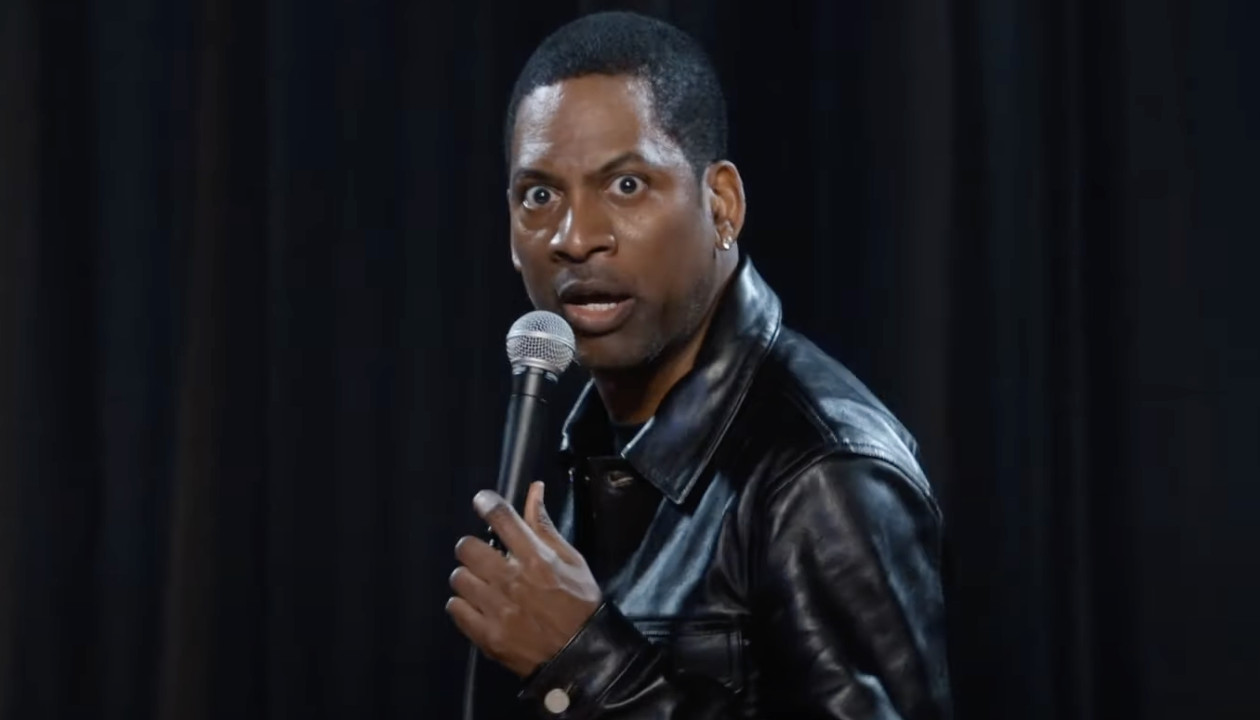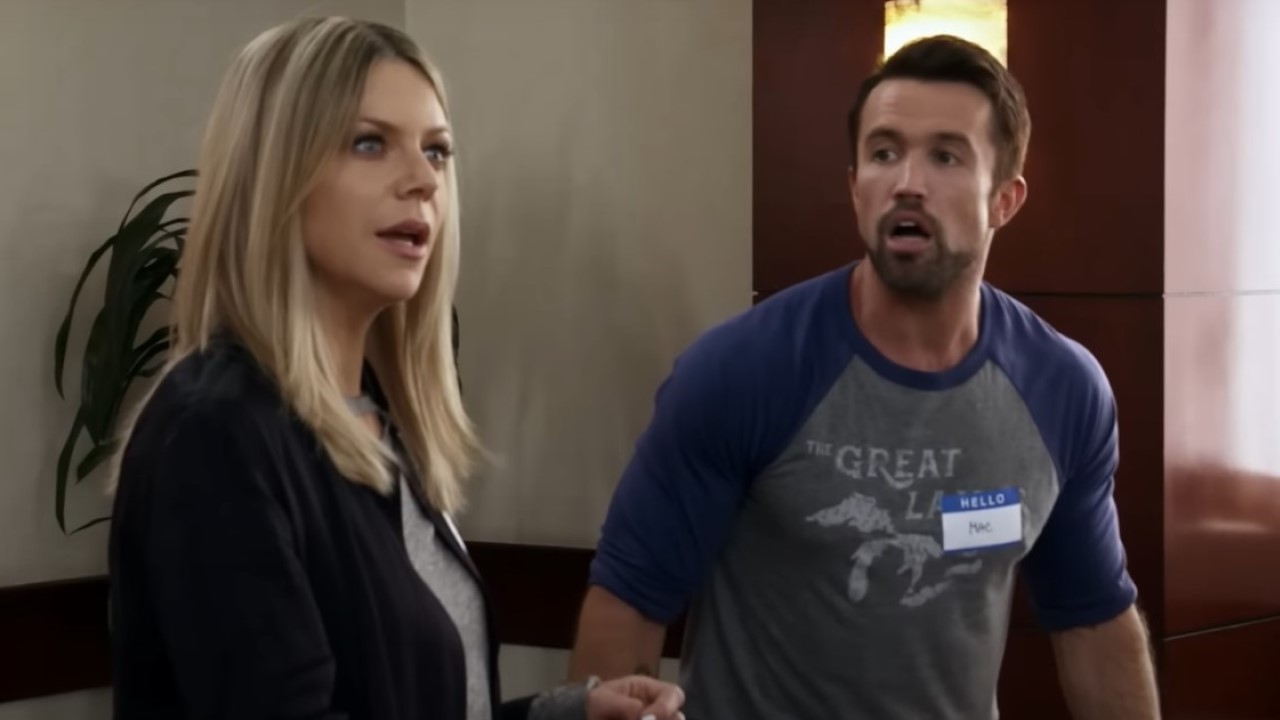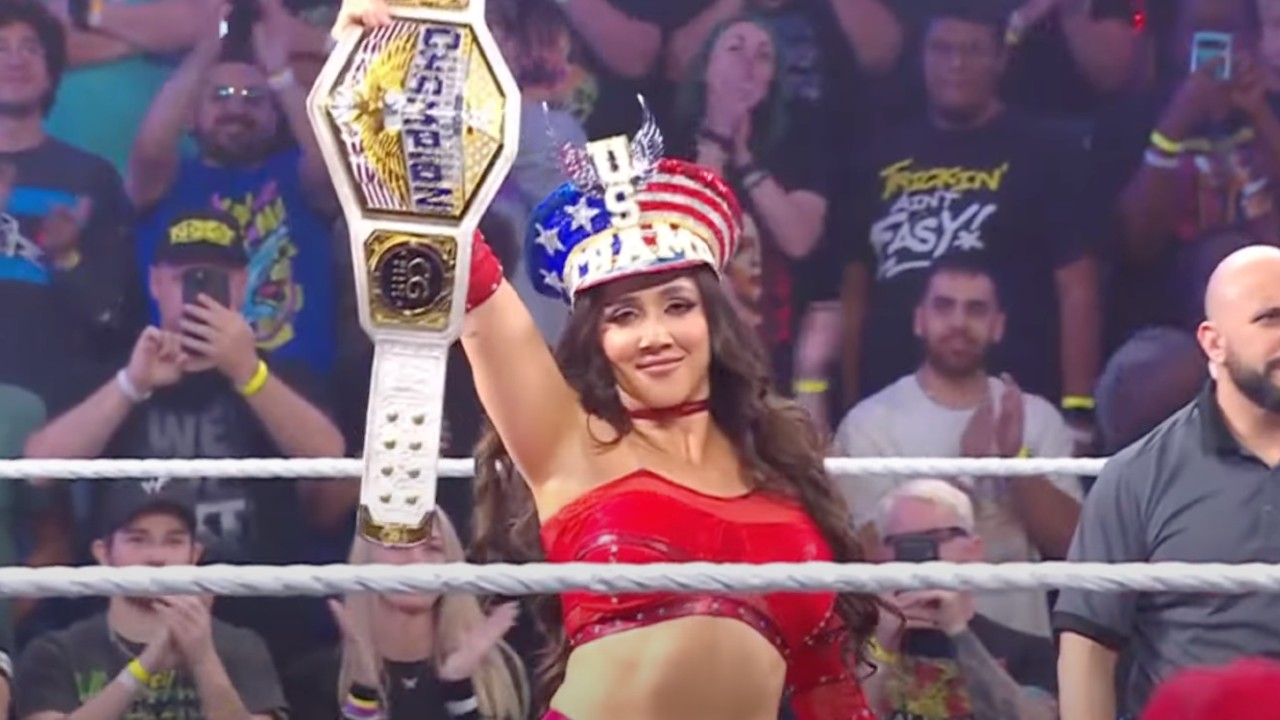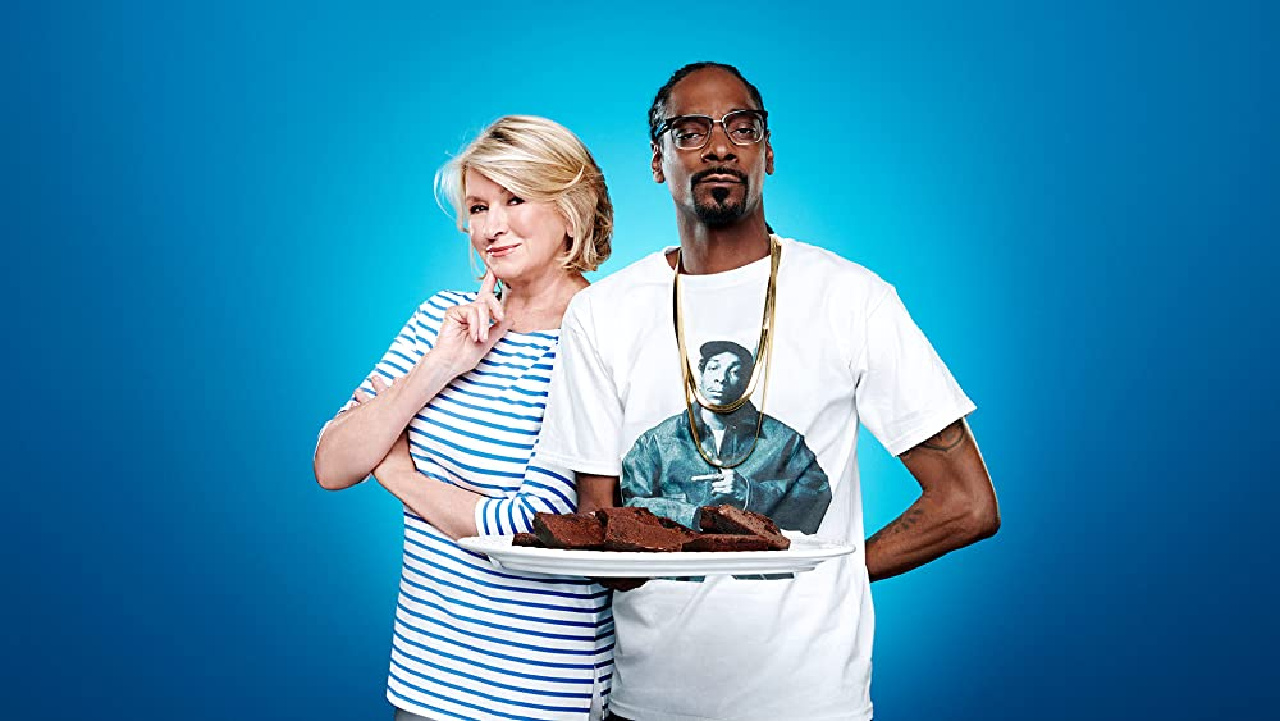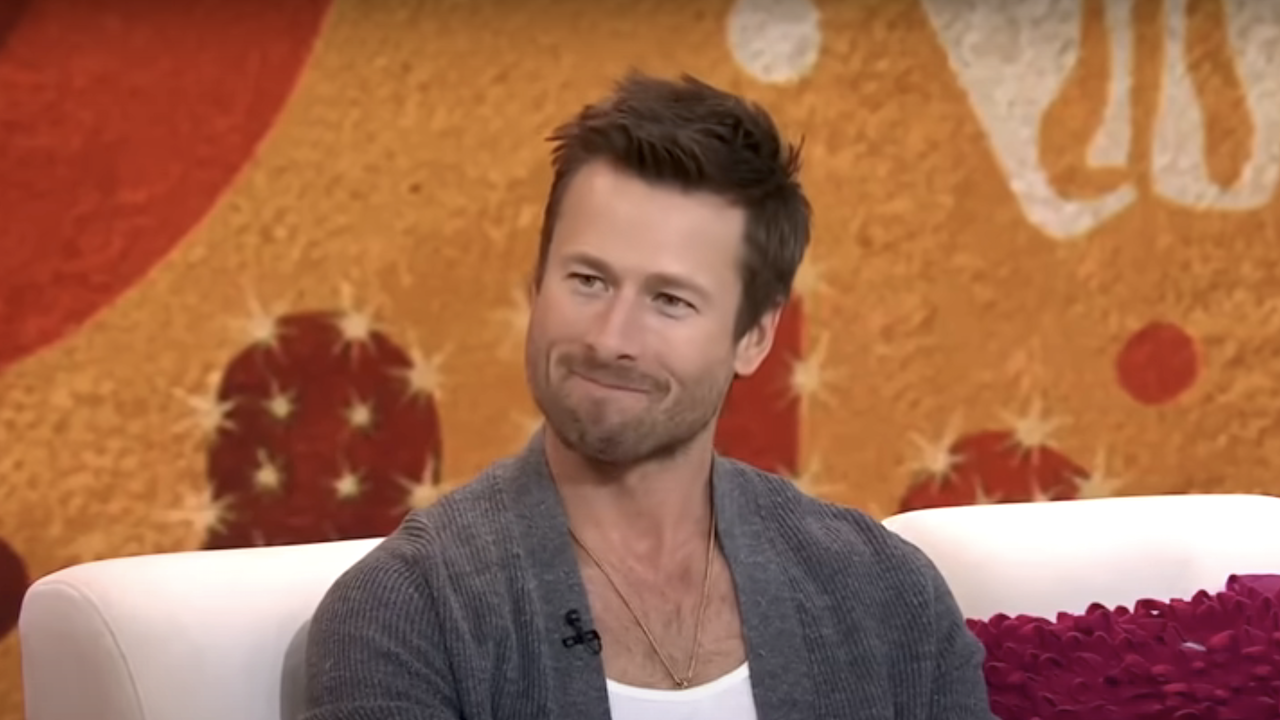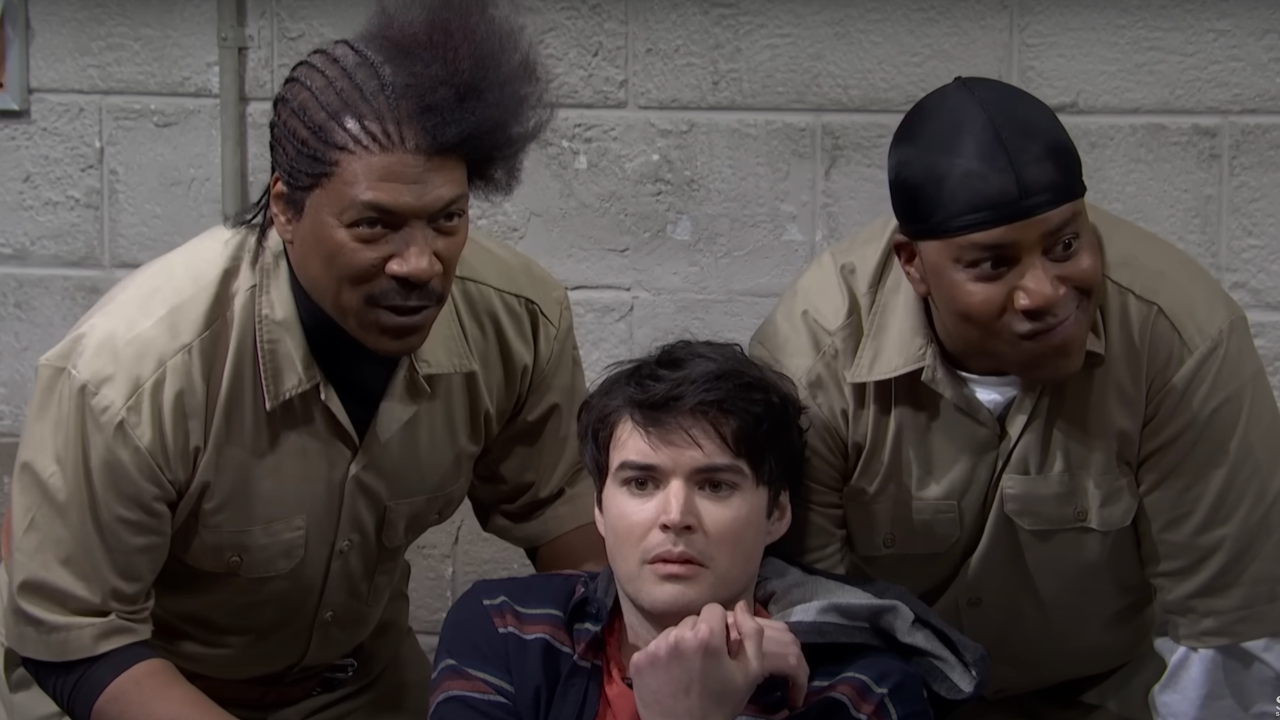Why The Classic Star Trek Series Stayed Away From LGBT Issues
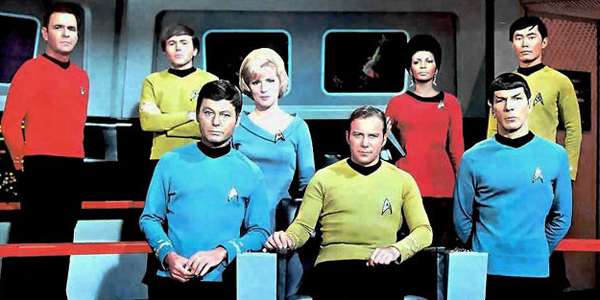
The original Star Trek series has always had the reputation of being a game changer in the socially turbulent climate of the 1960s. Showrunner Gene Roddenberry changed the game by introducing bold plotlines, including an interracial kiss between William Shatner and Nichelle Nichols’ characters. But now George Takei has admitted that he asked Roddenberry to further advocate for gays and lesbians. In a recent interview, he explained why Roddenberry stated he was unable to tackle that issue at the time.
And he said, ‘I’m treading a fine tight wire here. I’m dealing with issues of the time. I’m dealing with the civil rights movement, the Vietnam War, the Cold War, and I need to be able to make that statement by staying on the air.’ He said, ‘If I dealt with that issue I wouldn’t be able to deal with any issue because I would be canceled.’
Takei also told Big Think that considering Star Trek’s status as a series set in the 23rd century, diversity was a key aspect of the drama. In fact, diversity was key to Roddenberry’s philosophy, as well.
The strength of this starship lay in its diversity. People of many different backgrounds, many different cultures, many different experiences, many different ethnicities coming together and working in concert as a team.
But 20th century network TV simply wasn’t ready for the representation of 23rd century life in many instances. For example, that groundbreaking kiss between Shatner’s Captain Kirk and Nichols’ lieutenant Uhura never made the air in certain southern states and ratings related to the series “plummeted” following that episode. In fact, they were the lowest the series had experienced at that time, leading Roddenberry to believe tackling the subject of gay and lesbian relationships could have endangered the life of the show.
It’s years later now, and TV and films have started to present a wide variety of characters of different races, genders and sexual orientations to audiences. In fact, we live in a time when it has become easier for actors and actresses to come out, rather than staying in the closet as George Takei did for years. (He even admits he came to Roddenberry to discuss the issue as a “liberal” rather than as someone who might be personally invested in the issue.)
Roddenberry’s legacy may not have included a moment where gays and lesbians took the spotlight on network TV, but without shows like Star Trek bringing similar social issues to the forefront, it’s doubtful the trickle down effect would have led us where we are today. And as the show's 50th Anniversary approaches, it's pretty cool to remember that.
CINEMABLEND NEWSLETTER
Your Daily Blend of Entertainment News

Jessica Rawden is Managing Editor at CinemaBlend. She’s been kicking out news stories since 2007 and joined the full-time staff in 2014. She oversees news content, hiring and training for the site, and her areas of expertise include theme parks, rom-coms, Hallmark (particularly Christmas movie season), reality TV, celebrity interviews and primetime. She loves a good animated movie. Jessica has a Masters in Library Science degree from Indiana University, and used to be found behind a reference desk most definitely not shushing people. She now uses those skills in researching and tracking down information in very different ways.


